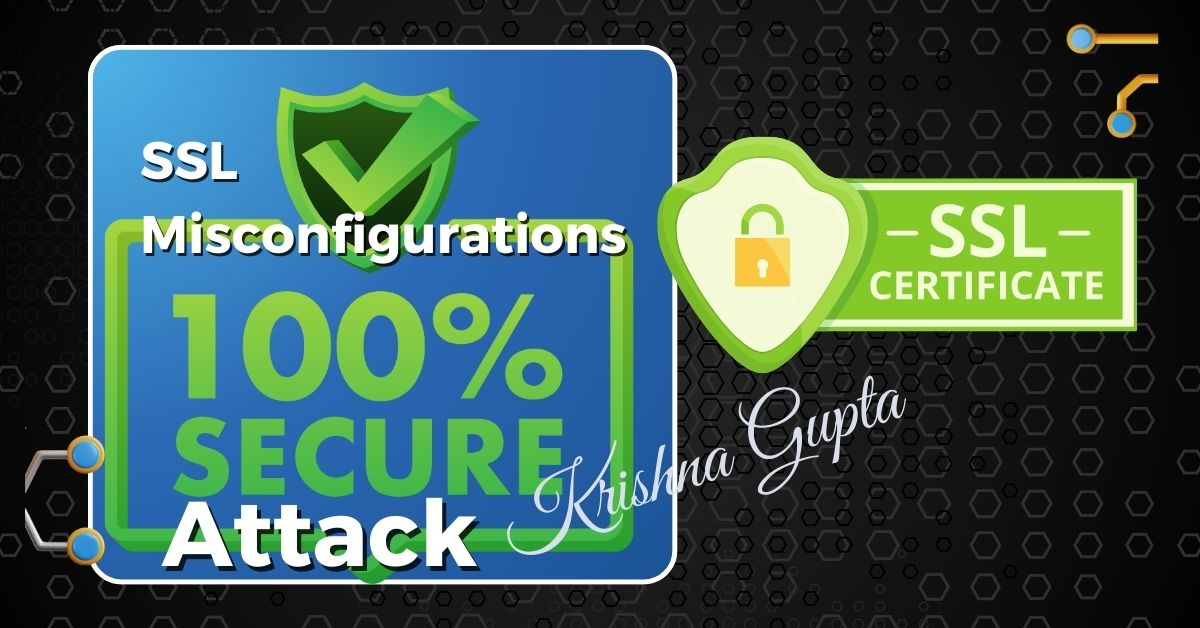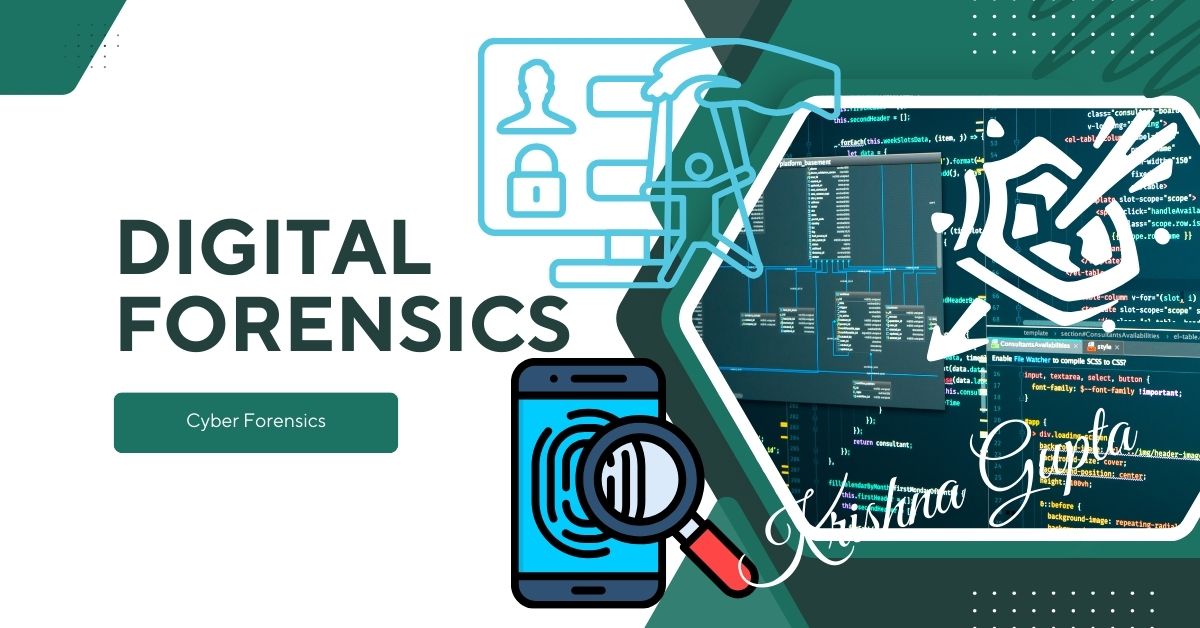Get 10X Value or the Next Session is Free: Why ‘Secure CEO as a Service’ Is Not an Expense—It’s an Investment
Secure CEO as a Service offers a holistic, multi-disciplinary leadership solution that embeds security & resilience for the entire business.




